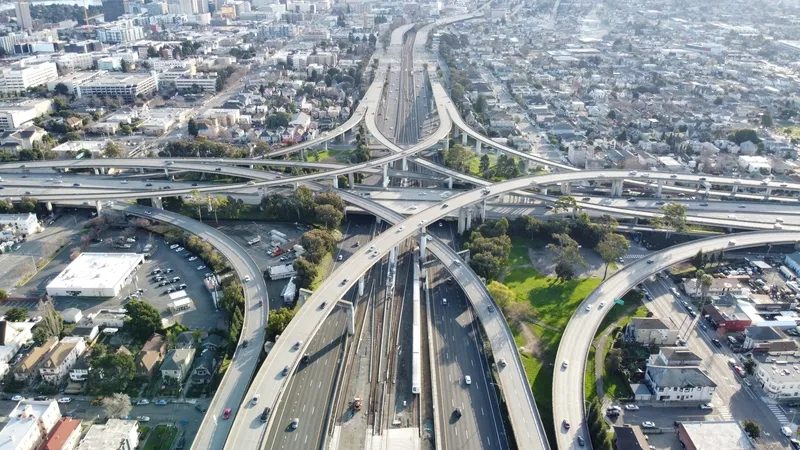
Automated speed cameras can now be deployed in six Californian cities in a bid to curb dangerous driving.
State governor Gavin Newsom has signed into law a bill which means the cities of Los Angeles, San Jose, Oakland, Glendale and Long Beach, and the city and county of San Francisco, can now establish pilot speed enforcement programmes.
California's legislature acknowledged that speed "is a major factor in traffic collisions that result in fatalities or injuries" and that "traditional enforcement methods have had a well-documented disparate impact on communities of colour, and implicit or explicit racial bias in police traffic stops puts drivers of colour at risk".
Numerous speed safety system programmes in other states and cities "have proven successful in reducing speeding and addressing traffic safety concerns", it continues.
A 2017 National Transportation Safety Board study found these programmes "offered significant safety improvements in the forms of reduction in mean speeds, reduction in the likelihood of speeding more than 10 miles per hour over the posted speed limit, and reduction in the likelihood that a crash involved a severe injury or fatality".
Such an approach "can advance equity by improving reliability and fairness in traffic enforcement while making speeding enforcement more predictable, effective, and broadly implemented, all of which helps change driver behaviour".
Warning notices - rather than fines - will be issued for the first 60 days of any programme in California and there are guidelines on the storage and use of data from the schemes.








